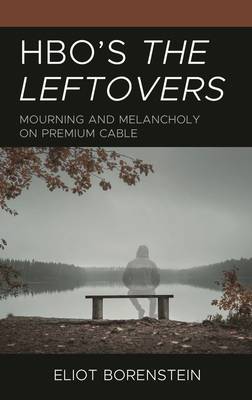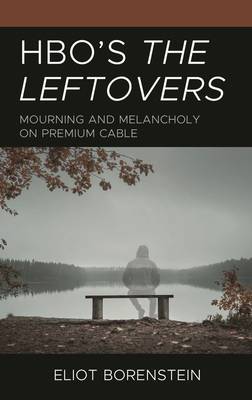
- Afhalen na 1 uur in een winkel met voorraad
- Gratis thuislevering in België vanaf € 30
- Ruim aanbod met 7 miljoen producten
- Afhalen na 1 uur in een winkel met voorraad
- Gratis thuislevering in België vanaf € 30
- Ruim aanbod met 7 miljoen producten
Zoeken
€ 169,95
+ 339 punten
Omschrijving
This book unpacks and analyzes the central themes of sacrifice, melancholy, apocalypticism, and the nature of family and home in HBO's The Leftovers to demonstrate the key role it played in the development of early twenty-first-century television. Eliot Borenstein argues that the story of The Leftovers is the most sustained exploration of loss ever to appear on American television and subverts the expectations of viewers who look to prestige dramas as puzzles to solve by providing no clear answers the mysteries most central to the show's plot. Instead, Borenstein posits, the series endeavors to provide more nuanced and realistic portrayals of the melancholy that occurs when people's lives are unmoored, leavening an inherently depressing experience with absurdity and moments of grace.
Specificaties
Betrokkenen
- Auteur(s):
- Uitgeverij:
Inhoud
- Aantal bladzijden:
- 178
- Taal:
- Engels
Eigenschappen
- Productcode (EAN):
- 9781666947571
- Verschijningsdatum:
- 6/12/2023
- Uitvoering:
- Hardcover
- Formaat:
- Genaaid
- Afmetingen:
- 152 mm x 229 mm
- Gewicht:
- 430 g

Alleen bij Standaard Boekhandel
+ 339 punten op je klantenkaart van Standaard Boekhandel
Beoordelingen
We publiceren alleen reviews die voldoen aan de voorwaarden voor reviews. Bekijk onze voorwaarden voor reviews.







